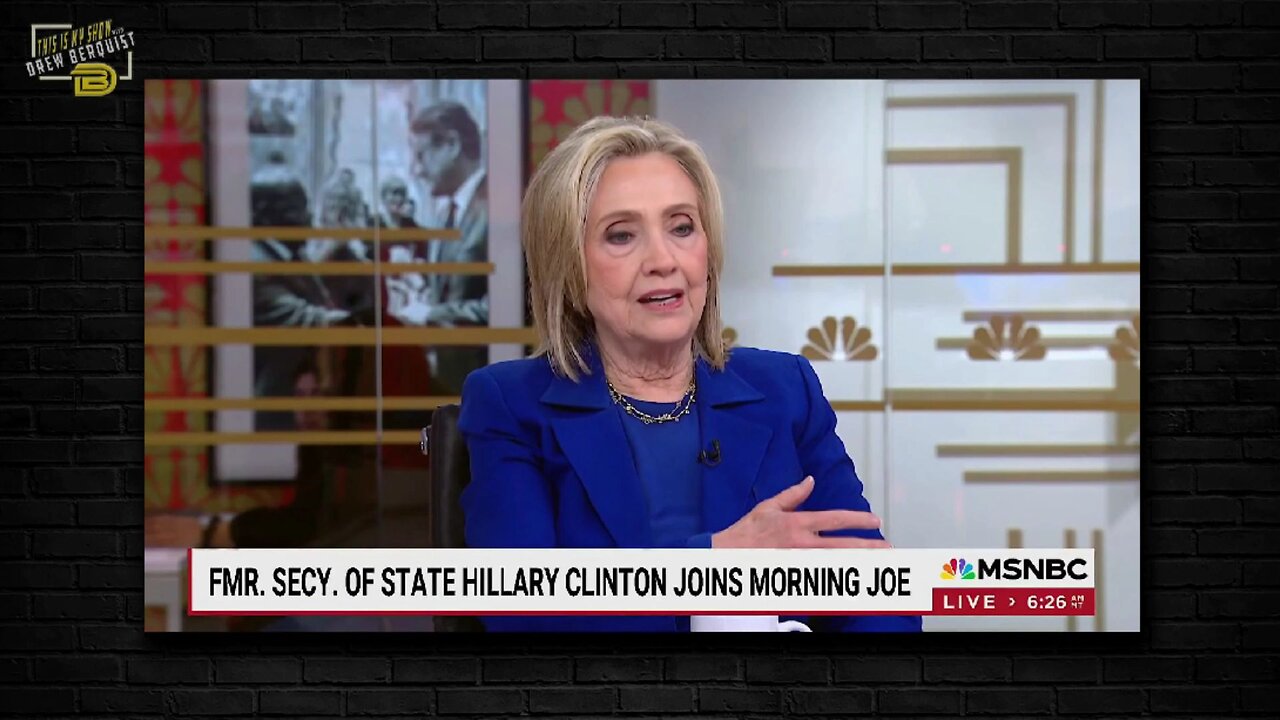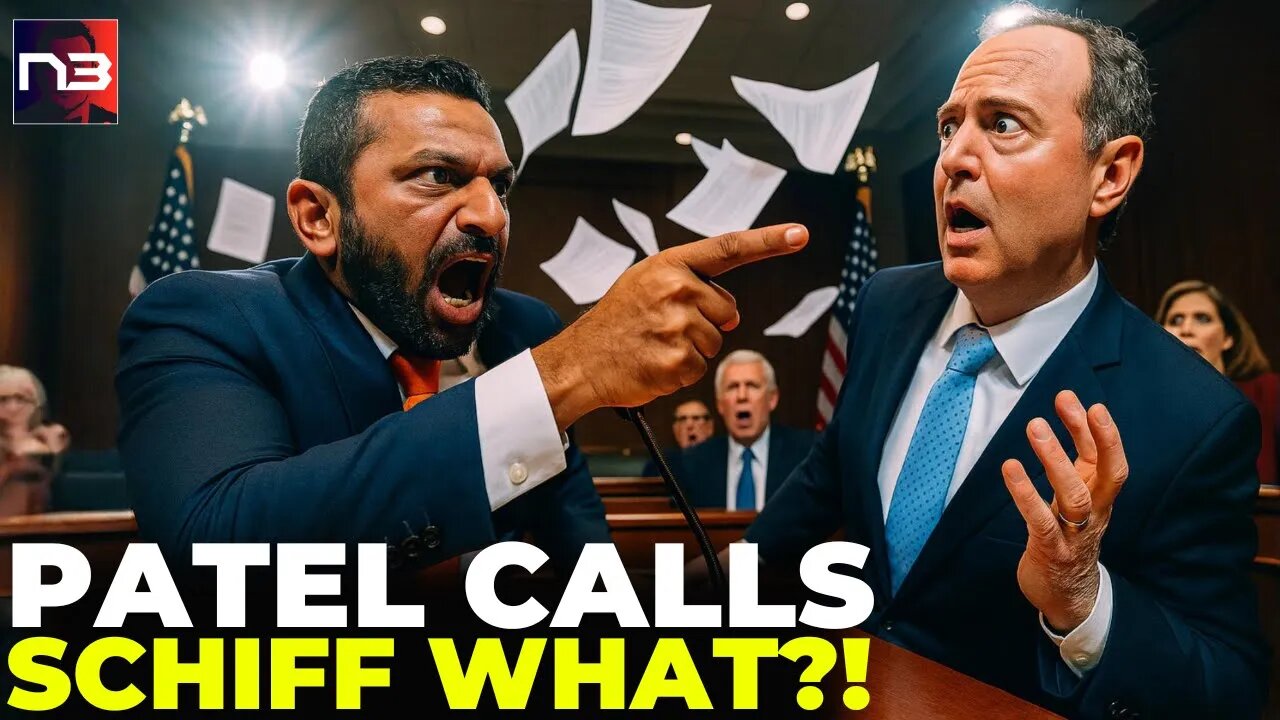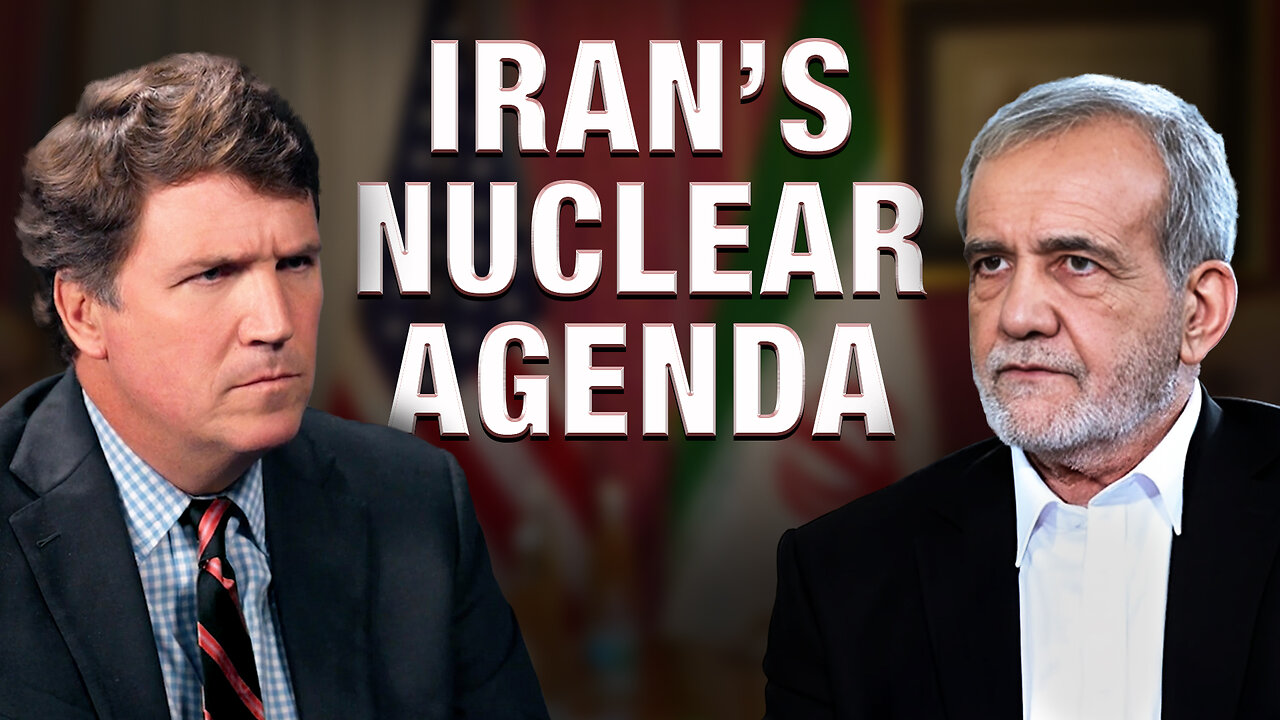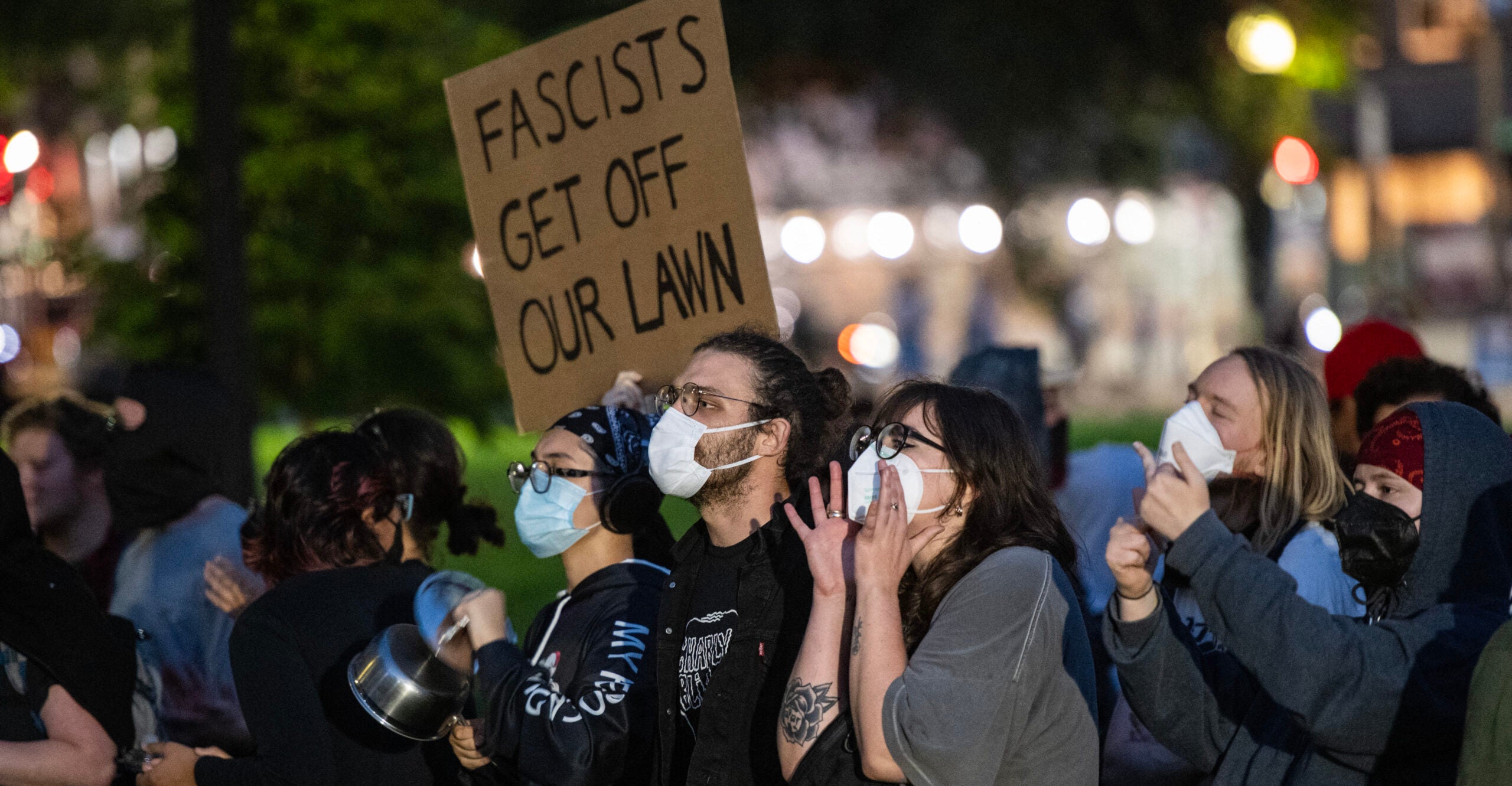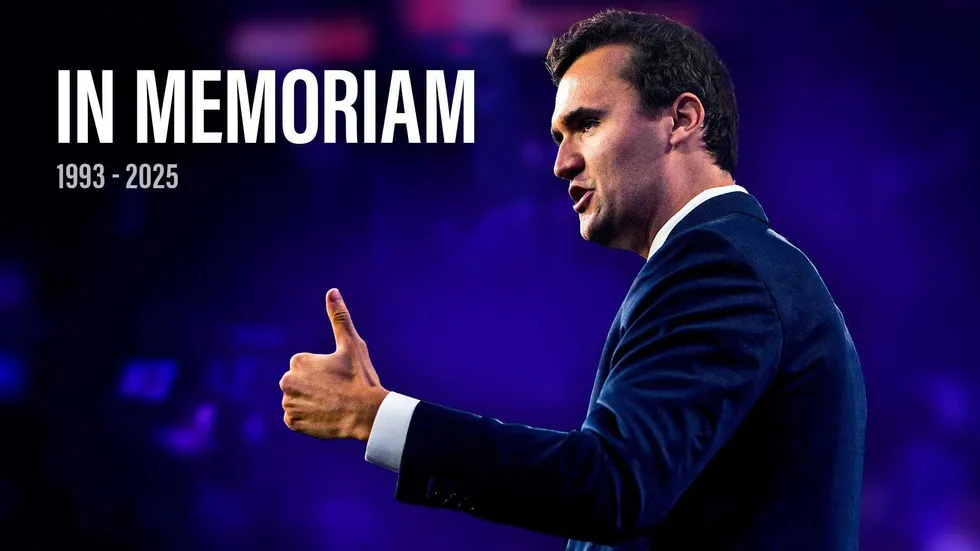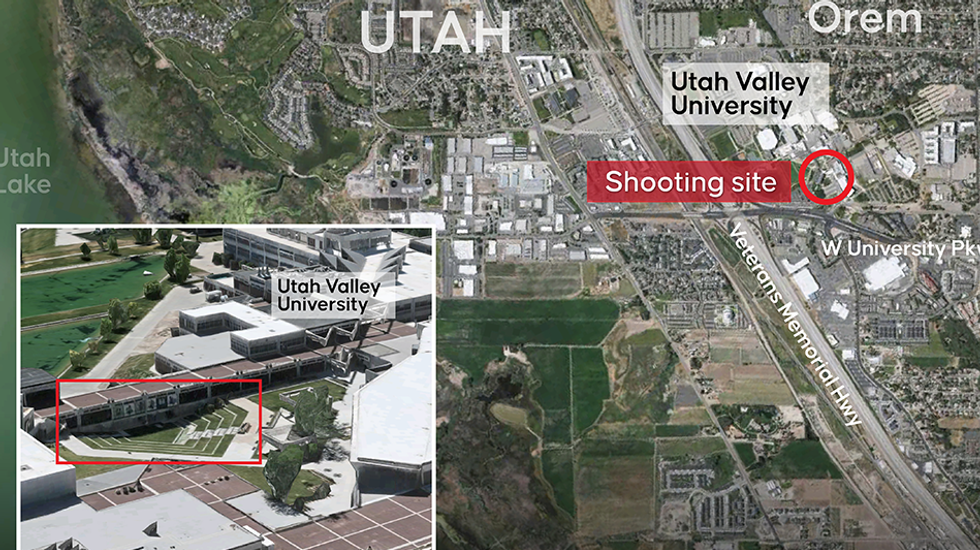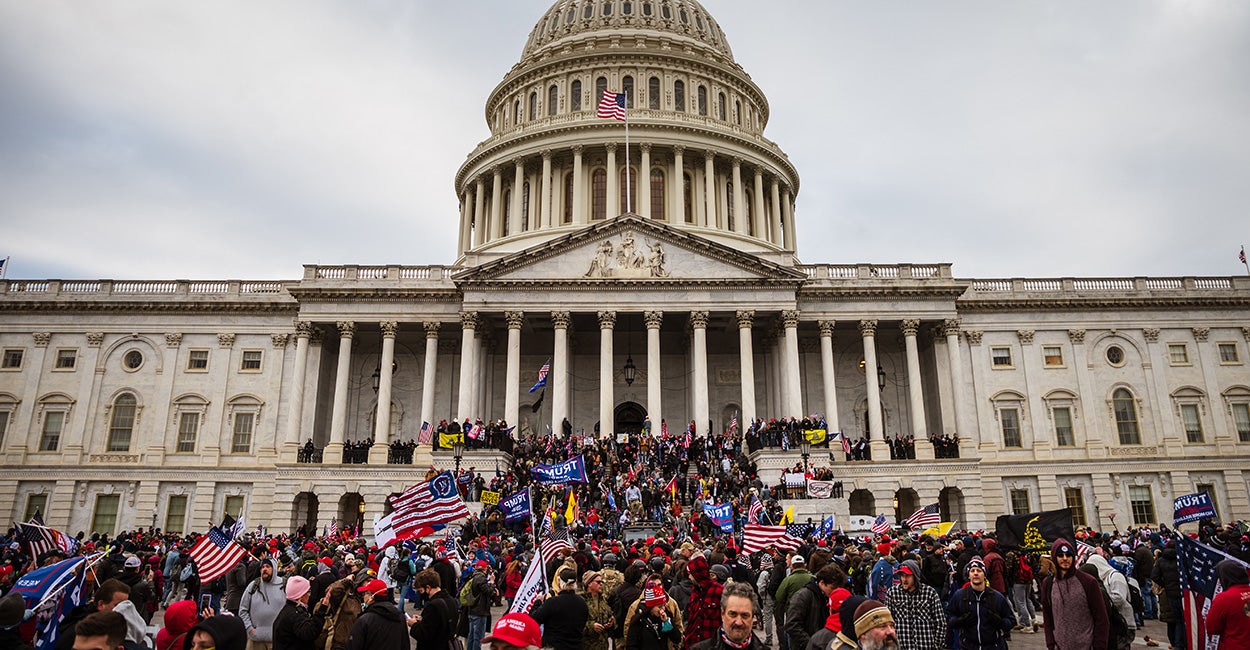Amid GOP Revolt, House Speaker Backs Senate Budget Plan As Key To Trump’s ‘One Big, Beautiful Bill’

On Saturday, Speaker Mike Johnson (R-LA) urged the House to pass a Senate budget plan to lay the groundwork for President Donald Trump’s domestic priorities, despite objections from members of his caucus who protest its lack of enforceable spending cuts.
In a letter to colleagues, Johnson and other House GOP leaders said the lower chamber will consider the Senate blueprint for reconciliation, insisting that voting on the resolution is a key step toward devising a bill in the weeks ahead.
“Adopting the Senate’s amendment to the House resolution will allow us to finally begin the most important phase of this process: drafting the reconciliation bill that will deliver on President Trump’s agenda and our promises to the American people,” they said, stressing later that it makes “NO CHANGES” to the reconciliation instructions previously approved by the House.
Early in the morning on Saturday, the GOP-led Senate passed its version of the budget reconciliation framework by a 51-48 vote following an overnight “vote-a-rama” with several amendment votes.
In line with Trump’s push for “one big, beautiful bill,” the resolution aims to extend tax cuts from 2017 that are set to expire this year, increase the debt ceiling by $5 trillion, and boost border as well defense spending. It also locks in several billion dollars in spending reductions, but that amount is far less than the more than $2 trillion goal tucked into the plan narrowly approved by the House in February.
Some deficit hawks in the House have spoken out against how the Senate revised the resolution they had supported in its earlier form.
The Senate plan is “unserious and disappointing,” House Budget Committee Chair Jodey Arrington (R-TX) said in a statement, arguing that it would create “$5.8 trillion in new costs and a mere $4 billion in enforceable cuts, less than one day’s worth of borrowing by the federal government” while setting “a dangerous precedent by direct scoring tax policy without including enforceable offsets.”
In a post on X, Rep. Andy Harris (R-MD) said he could support the Senate budget resolution if it can “deliver real deficit reduction” in line with the goals outlined in the House plan.
“However, by the Senate setting committee instructions so low at $4 billion compared to the House’s $1.5-2 trillion, I am unconvinced that will happen,” Harris added. “The Senate is free to put pen to paper to draft its reconciliation bill, but I can’t support House passage of the Senate changes to our budget resolution until I see the actual spending and deficit reduction plans to enact President Trump’s America First agenda.”
If enough members of the GOP caucus rebel, the budget reconciliation process could grind to a halt. House GOP leadership can afford to lose a few Republicans if all Democrats oppose the resolution. Currently, there are 220 Republicans and 213 Democrats.
Johnson emphasized in a post on X that the budget resolution is not the law itself but only the “necessary kickoff” for the reconciliation process to begin. “Time is of the essence,” he added.
“Although the Senate chose to take a different approach on its instructions, the amended resolution in NO WAY prevents us from achieving our goals in the final reconciliation bill,” Johnson said. “We have and will continue to make it clear in all discussions with the Senate and the White House that — in order to secure House passage — the final reconciliation bill must include historic spending reductions while protecting essential programs.”
Following “close consultation” with Trump and Senate Majority Leader John Thune (R-SD), “we all agree that the ‘One Big Beautiful Bill’ must be drafted using a collaborative process that results in a single product that can be passed by both chambers and signed into law,” Johnson said.
“We have made it clear the House will NOT accept nor participate in an ‘us versus them’ process resulting in a take-it-or-leave-it proposition from the Senate,” the speaker noted. “As soon as we pass the final budget resolution, our House and Senate committees will begin preparing together their respective titles of the reconciliation bill to be marked up in the next work period. As always, this will involve input from all Members and will keep us on track to send a bill to the President’s desk by Memorial Day.”
Originally Published at Daily Wire, Daily Signal, or The Blaze
What's Your Reaction?
 Like
0
Like
0
 Dislike
0
Dislike
0
 Love
0
Love
0
 Funny
0
Funny
0
 Angry
0
Angry
0
 Sad
0
Sad
0
 Wow
0
Wow
0











